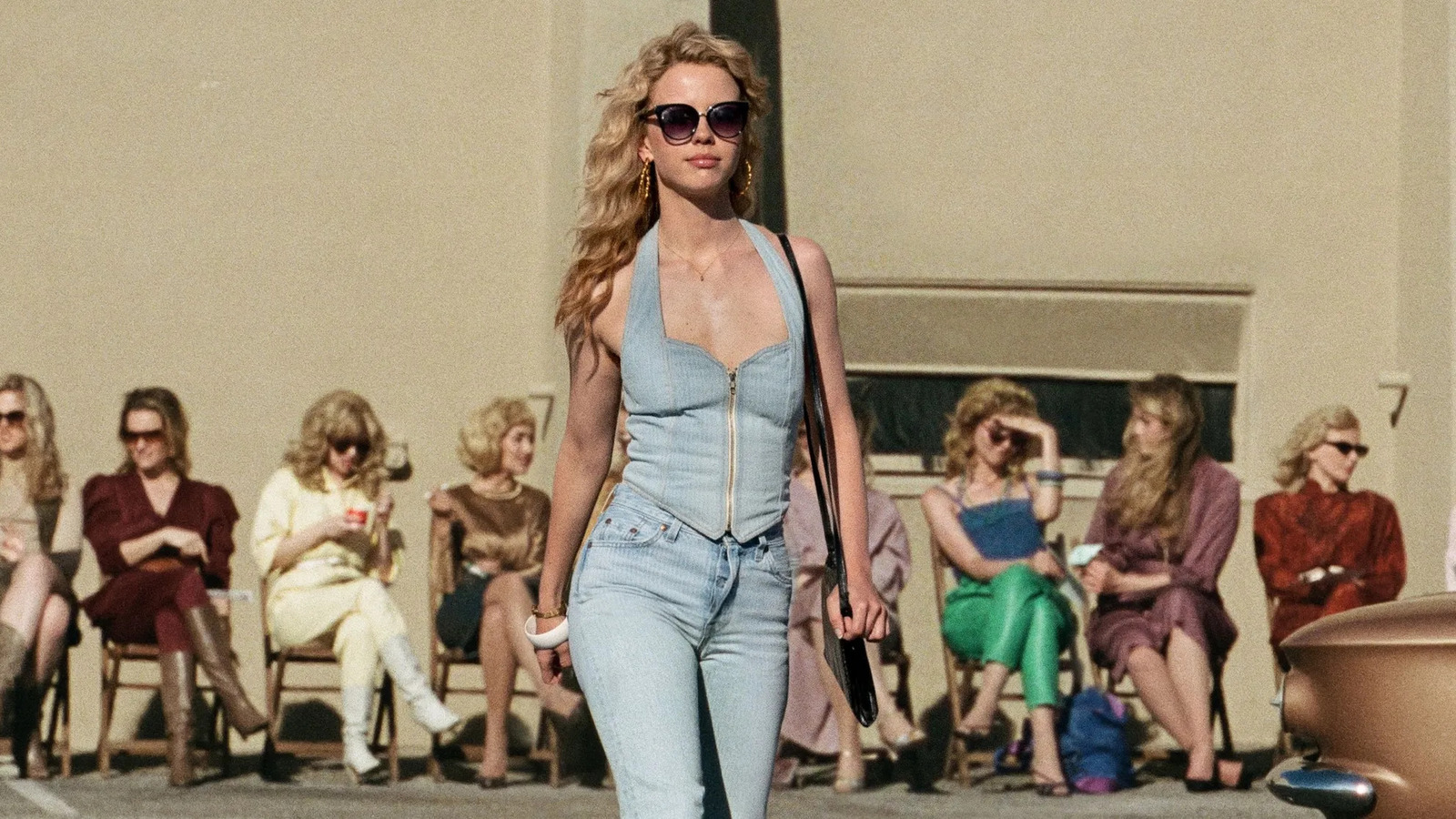
Horror films are undoubtedly more permissible by general society, but horror and pornography share a kinship in the way they are politicized and thrust into the center of moral panics, serving as a barometer for a person’s moral standing. Consumption of horror and/or pornography is still highly stigmatized despite both forms of entertainment proving both prolific and profitable. Back rooms at video stores have gone by the wayside and it’s next to impossible to scroll social media without a [N U D E S I N B I O] bot interrupting whatever fresh hell of film discourse has us consumed on any given day. People freely admit to having accounts on OnlyFans, and yet there’s still a ridiculous stigma attached to having been an adult performer in any capacity. Not quite to the same level, but there’s a similar stigma attached to horror performers.
The legendary Barbara Crampton wrote a fantastic piece for Fangoria called “Don’t Call Me a Scream Queen,” explaining that the catchy label diminishes the very hard work of acting in a horror movie. “I don’t love the term. Particularly because there’s a long history of actresses being demeaned, underestimated, and manipulated by male directors,” commented director Sarah Adina Smith. “There are serious, fiercely intelligent actresses working in genre films and I would never want to trivialize their contributions.”
Horror fans are indeed die-hards in their dedication to those who consistently perform in the genre, but that doesn’t mean much to casting directors or producers when looking at crossover talent. The Academy famously disregards the skills of horror performers, which is why so many actors tend to continue doing horror movies throughout their careers if they aren’t able to break through into the mainstream.
Adult film stars are given the same treatment at a much higher caliber, but horror tends to be the genre that welcomes them with open arms.


Leave a Reply